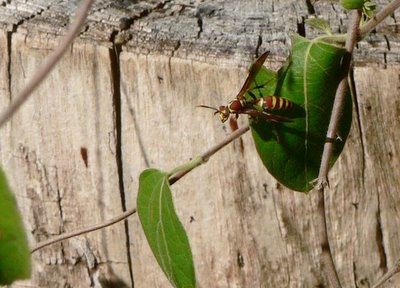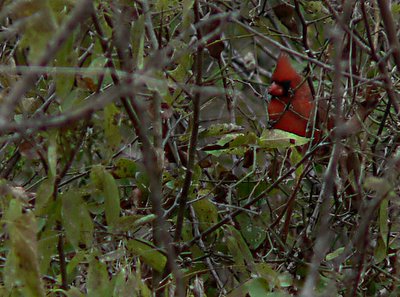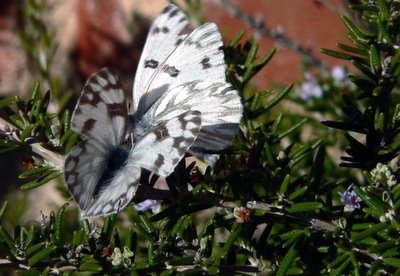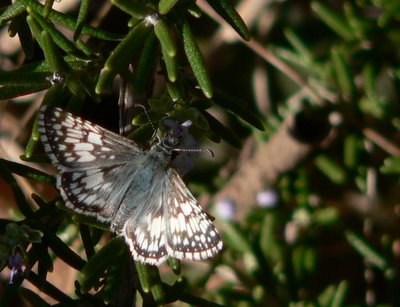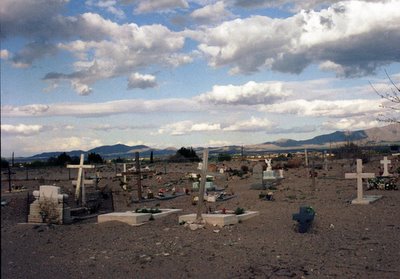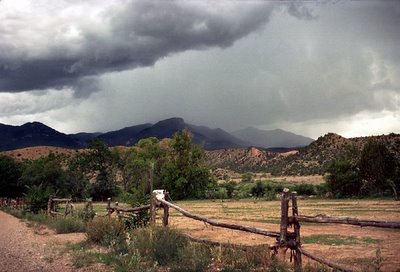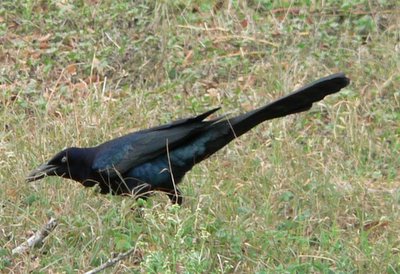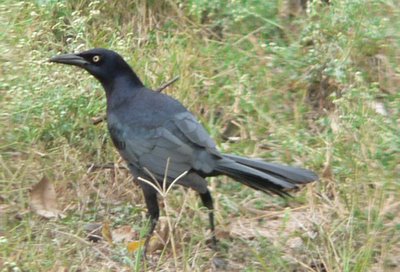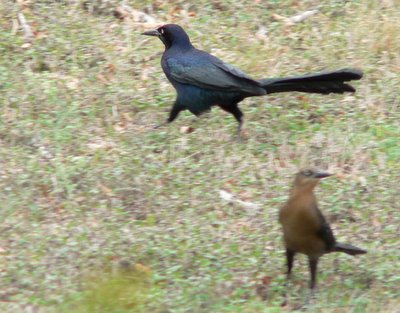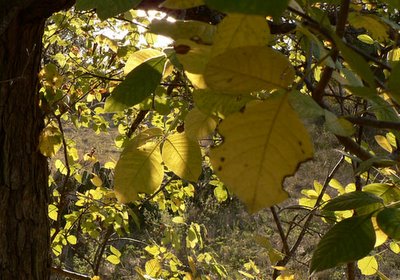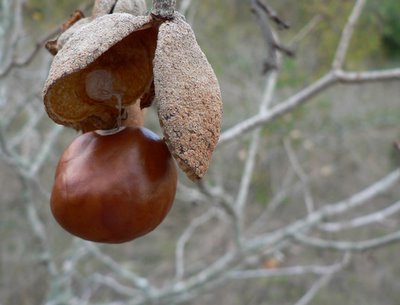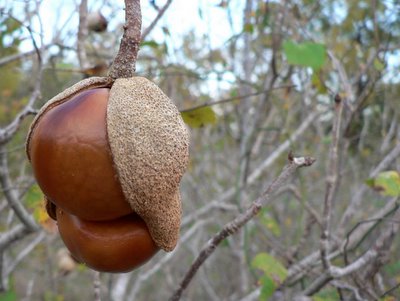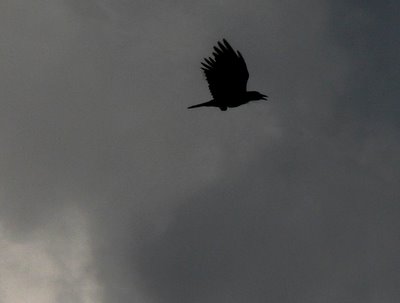This one has lost a small portion of hindwing.

Another view of the same butterfly



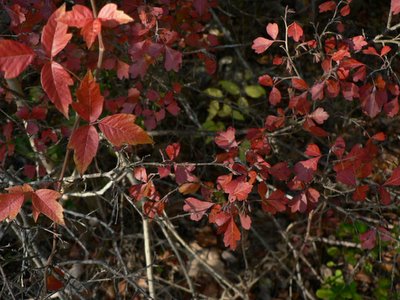
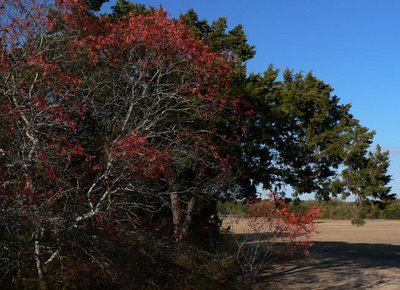

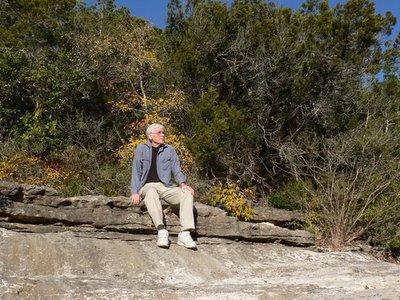


Seventy-two labors brought us this food, we should know how it comes to us.
We should consider whether our virtue and practice deserve it.
As we desire a natural harmony of mind, we should be free from greed.
We take this food to support our life
and to attain the Way.
First, this food is for Buddha, the Buddha's path, and the Buddha's community.
Second, it is for our teachers, parents, nation, and all sentient beings.
Third, it is for all beings in the six worlds.
Thus we eat this food with everyone
We eat to stop evil
To practice good
To save all sentient beings
And to accomplish our path.
Why you shouldn't be alarmed at death
--by Lucretius
Death is of no consequence, since the soul ends in the very state it begins in, and--just like in the time before we were born we felt no agony in the African wars when the world under the rim of heaven shook in the clash of arms, and no one could know whose reign they would live or die under--even so, when we exist no longer, and when body and soul combined in us now are cut apart, no evil then can happen to us.
When we are completely nonexistent there is no pain; even if earth is inundated or the sky falls or the world ends, it won’t matter to us. Even if some kind of awareness could remain after mind and body separate, that can be no concern of ours, for the Self is by nature the mind and body linked together. Nor would it matter if after death the eons reassembled our atoms and put them together as they are now, not even if the flame of life were rekindled, once the recollection of our past selves was interrupted.
When you look back through infinite expended time, the belief comes easy that the same atoms of which we are now made could have existed before in the same order and rank, since the movements of matter are endless. But we could never bring our present selves to mind again, for there was a pause of life, and the atoms wandered and danced far from our senses.
And to be in pain and anguish in some future time your self has to exist again, and death forbids it. Harm cannot befall any man dead. Know, therefore, that there is nothing to fear in Death, for a man who does not exist is not miserable. You can no more suffer in your future nonexistence, once immortal Death rips your life away, than you did before your birth.
Suppose you meet someone who claims to know we die, but who also is sad that when he dies they will bury his corpse and he will rot, or wild animals will gnaw his flesh, or funeral fires will turn his bones to ash—this unfortunate man really doesn’t understand he will die at all: thus the anguish in his heart.
Not truly realizing he will die, he imagines himself on the other side of death and persists in thinking himself somehow alive in that future day when the carrion birds and the wild animals claw at his corpse, and he is sorry for himself. He imagines he stands beside his own dead body and somehow feels its pain. He is upset that he was made so as to die, and does not see that in true death, there is no other self to stand by and mourn the self that is perished, or feel the funeral fire burn up his abandoned body.
Men often take their places at banquet, faces darkened under wreaths, and grasp their cups and spill these words from the soul: "Our joy is short and soon gone, and once gone it will never come back. No longer will you delight in coming home to the best of wives, your lovely children running to you with kisses, touching your heart with sweetness. What is now yours will be taken from you. One evil day plunders these flowers of your life." But they do not add: "Nor will you ever more desire any of these things."











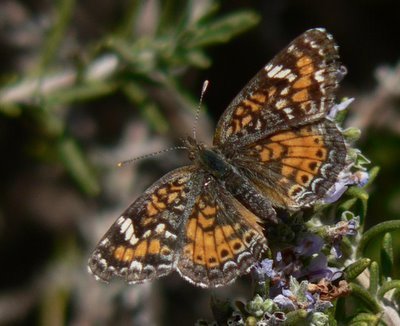 (Click to enlarge)
(Click to enlarge)